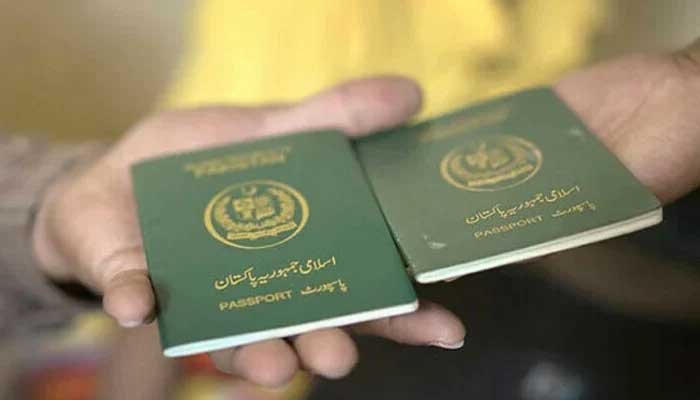
Pakistan Passport Ranking: Pakistan’s Passport Ranked Fourth Weakest Globally for Fifth Consecutive Year
Decline in Global Standing
Pakistan’s passport has once again been ranked among the weakest in the world, securing the 103rd position in the Henley Passport Index 2025. This marks the fifth consecutive year that Pakistan’s passport has remained near the bottom of the global ranking. The country shares this position with Yemen, offering its citizens visa-free or visa-on-arrival access to only 31 destinations out of 227 worldwide.
The latest report highlights a decline from last year’s 96th rank, underscoring the persistent challenges faced by Pakistani travelers in achieving global mobility. The ranking demonstrates limited access to international destinations without requiring lengthy visa procedures, further complicating travel opportunities for business, tourism, and education.
Comparison with Other Countries
According to the index, only Iraq, Syria, and Afghanistan rank lower than Pakistan, occupying the bottom three spots. These countries have long struggled with geopolitical instability and limited diplomatic ties, which have directly impacted their citizens’ travel freedom. In contrast, countries such as Singapore, South Korea, and Japan continue to dominate the top positions, providing their citizens access to over 190 destinations without prior visas.
This stark disparity between top-ranking and low-ranking nations reflects broader global inequalities in terms of diplomatic relationships, economic strength, and international reputation. While citizens from leading Asian economies enjoy near-unrestricted global mobility, Pakistani passport holders remain significantly constrained by visa barriers.
Factors Behind Pakistan’s Low Ranking
Experts suggest that multiple factors contribute to Pakistan’s consistently weak passport ranking. These include security concerns, limited diplomatic outreach, and strained international relations with several countries. Additionally, economic challenges and domestic instability have hindered efforts to negotiate stronger visa agreements or partnerships that could improve mobility for citizens.
Another factor influencing the ranking is the global perception of risk associated with travel documents from countries facing internal or regional security issues. Many nations impose stricter visa requirements on such countries to ensure border control and security compliance, further restricting travel options for their citizens.
Impact on Pakistani Citizens
For many Pakistanis, the Henley Passport Index ranking translates into real-world consequences. The need for visas in most destinations not only adds financial burdens but also causes delays and uncertainty in travel planning. This affects students seeking education abroad, business professionals exploring global markets, and families traveling for leisure or medical purposes.
Moreover, the limited number of accessible destinations restricts international exposure and opportunities for collaboration, innovation, and cultural exchange. In a globalized world where mobility is increasingly linked to development and competitiveness, such restrictions place Pakistani citizens at a considerable disadvantage.
Global Mobility and Future Prospects
The Henley Passport Index, compiled by Henley & Partners using data from the International Air Transport Association (IATA), serves as a benchmark for global mobility. It measures the freedom of citizens to travel without prior visa requirements. For Pakistan, improving its position would require comprehensive diplomatic efforts, stronger bilateral relations, and internal stability to rebuild international confidence.
While progress may take time, initiatives aimed at enhancing security, governance, and global engagement could gradually improve Pakistan’s passport strength. Strengthening ties with neighboring and regional partners, negotiating reciprocal visa arrangements, and promoting a positive global image are crucial steps toward greater travel freedom for Pakistani citizens.







